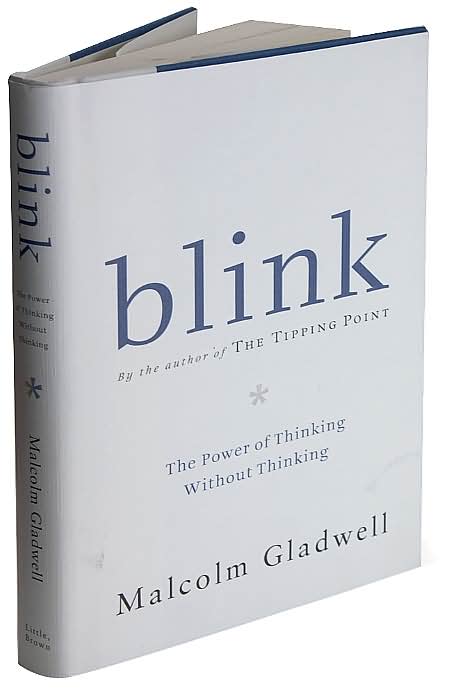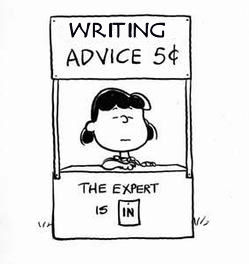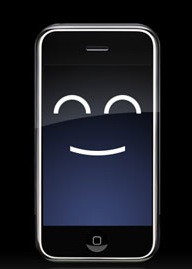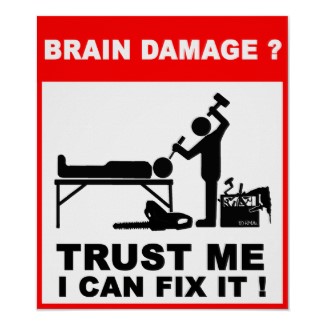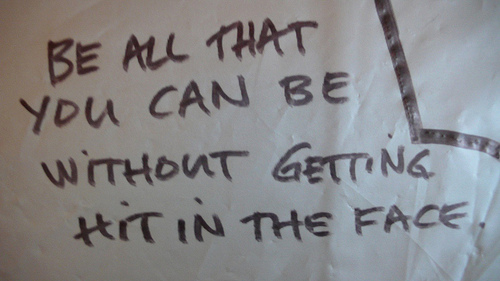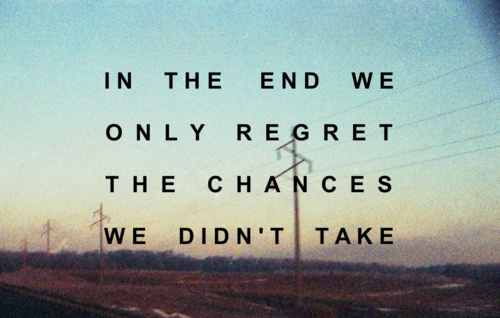Was Malcolm Gladwell right? Can you trust your intuition?
Malcolm Gladwell's fascinating bestseller Blink, he describes many situations where you do your best thinking when you don't think at all. But he also shows plenty of scenarios where your instincts are way off. What does the research say? How do you know when to trust your gut -- and when not to? You can trust your intuition... Sometimes You make up your mind about someone in 100 milliseconds. Literally. And more often than not, you're right. In just five minutes…
5 minutes
What 5 simple tips can make you a much better writer?
bsp; 1) "Nobody wants to read your shit." Steven Pressfield, author of The War of Art: Break Through the Blocks and Win Your Inner Creative Battles, reduces it to one short sentence I wholeheartedly agree with: Nobody wants to read your shit. Let me repeat that. Nobody–not even your dog or your mother–has the slightest interest in your commercial for Rice Krispies or Delco batteries or Preparation H. Nor does anybody care about your one-act play, your Facebook page or your…
3 minutes
What can your iPhone teach you about happiness?
bsp; A while ago I posted about using a happiness boosting iPhone app created by researcher and author of The How of Happiness, Sonja Lyubomirsky. For the past couple months I've been using another app, In Flow. What I liked about this one was that it replicates the method that big happiness researchers like Dan Gilbert have used in their studies. The app prompts you at random times and asks you to fill in: How you feel What you're doing Who you're with Where you're…
2 minutes
What are the three ways to train your brain to be happy?
u can train your mind to be unhappy and you can train it to be happy. Training your mind to look for errors and problems (as happens in careers like accounting and law) can lead you toward a pervasive pessimism that carries over into your personal life. Via One Day University Presents: Positive Psychology: The Science of Happiness (Harvard’s Most Popular Course): I discovered the tax auditors who are the most successful sometimes are the ones that for eight to 14…
4 minutes
The last damn thing you’ll ever need to read about New Year’s Resolutions:
bsp; What does the research say about resolutions? Richard Wiseman, author of the excellent 59 Seconds: Change Your Life in Under a Minute, compiled research on resolutions. What were the main takeaways? Just pick one resolution. More than that is too hard. Break the goal into steps. Have a plan. Reward yourself for progress. Realize you may screw up. Keep at it. How do you easily start good habits? It's called "Minimum Viable Effort": The first step is crucial —…
3 minutes
Top Ten Posts for 2012:
bsp; 1) What 10 things should you do every day to improve your life? I've posted a lot on this blog about improving your life. All the info can be overwhelming. When you distill it all down, what advice should you really act on? 2) 10 ways science explains why James Bond is so irresistible to women There's a reason why Bond has the power he does - and most guys could learn a thing or two... or ten. 3) Were…
2 minutes
Can you make moments in your life happier – even after they’ve already happened?
ur memory is terrible. Sadly, it's even really bad when it comes to remembering what makes you happy. Looking at Daniel Gilbert’s book Stumbling on Happiness my main takeaway was this: Much of our unhappiness springs from the fact that we’re terrible at accurately remembering how things made us feel in the past, so we make bad choices regarding the future. In Gilbert’s own words (and backed up by many studies): We overestimate how happy we will be on our birthdays, we underestimate how…
3 minutes
Live Without Regrets: These Are The Top 5 Career Regrets
live without regrets, first you need to know what the most common ones are. Over at Harvard Business Review, Daniel Gulati discusses his informal study of people's biggest regrets about their career. He talked to professionals who ranged in age and represented a variety of different industries but five ideas came up again and again: 1. I wish I hadn't taken the job for the money. "By far the biggest regret of all came from those who opted…
2 minutes
